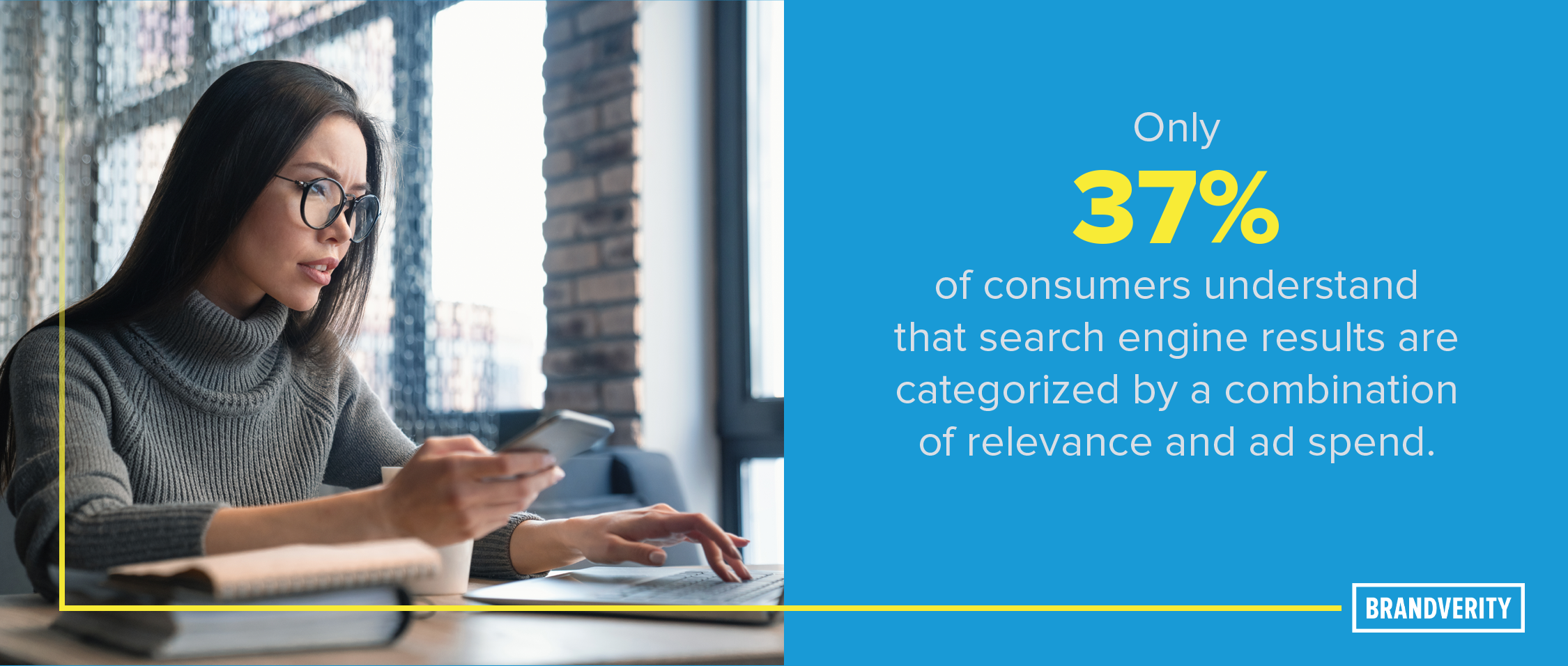With US retail ecommerce spending projected to rise as much as 13.2% to $135.35 billion during this holiday season, it’s no wonder that brands are investing so much in their paid search programs to capture the surge in traffic.
And while brands and their marketing departments are working overtime to drive sales, new BrandVerity research has brought to light some important findings and hidden risks brands need to be aware of when it comes to the journey consumers are taking online to find the perfect gift.
In order to give brands a better understanding of the search experiences their consumers are having this holiday season and beyond, and how they are impacting brand perception, we commissioned a research study of over 1,000 US consumers, balanced against the US population for age, gender, region, and income. Here’s what we found.
Amazon May be Grabbing Headlines, But When it Comes to Holiday Shopping Google Stays Strong
When we asked respondents where they start their search for a specific brand of product online “(i.e., going to Nike.com when looking for Nike shoes),” 56% report that they start their search on Amazon, compared to 30% that say they start on Google, and only 9% that say they start on the brand’s website. However, when we asked “When searching for a product (e.g. “running shoes”) but do not know the specific brand, where do you start your search?” Google took the top spot (52%), compared to 37% who said Amazon. Only 5% said they start on “other search engines.”
With research studies showing that ‘Evergreen’ & ‘Early Bird’ shoppers–those who do a significant amount of online research before purchasing a product–make up nearly 65% of holiday shoppers, it’s clear that Google will play a very real role in product discovery.
However, knowing what platforms people turn to at different stages in their buyer journeys is only half the battle. The other half is overcoming the very clear confusion that consumers have when it comes to search in general, and most importantly, protecting against the poor customer experiences that are taking place as a result.
With Confusion Abound, Customer Experience Hangs in the Balance

Surprisingly, we found that only 37% of consumers understand that search engine results are categorized by a combination of relevance and advertising spend. The other 63% of consumers believe that Search Engine Results Pages (SERP’s) are categorized by either relevance or spend, or they simply “don’t know.” Additionally, nearly 1-in-3 consumers (31%) say they don’t believe search engines (e.g. Google) do a good job of labeling which links are ads.
Without a clear understanding of how search results are served up, consumers are more inclined to click on the result that appears first, believing it to be the most relevant option. And with 54% of consumers saying they trust websites more that appear at the top of the SERP, this isn’t just an assumption. Here’s why that’s concerning for this holiday season and beyond.

During the holidays, there is typically a 20-30% increase in brand bidding as brands compete for that top spot. So with ill-informed consumers trusting top results more, brands need to be extra vigilant about protecting their brand and revenue. Competitors, bad affiliates looking to make quick commissions, and other bad actors will be working overtime to divert holiday shopping traffic their way. And make no mistake, the impact is significant. We found that 52% of consumers say they’ll sometimes purchase a competing product because it “also appeared in the search results” amongst the specific brand of product they searched for.
Brand Protection in the Age of Accountability
Against a backdrop where consumers are increasingly wary of the brands they do business with, and are holding them to new and increasingly high standards, companies must ensure that the entirety of the experiences they provide meet customer expectations. As our findings illustrate, oversight on paid search programs is more important than ever when it comes to safeguarding these experiences.
Fifty-one percent of consumers say that when searching for information on a product, they sometimes feel misled by one of the websites in the search results. An additional 1-in-4 (25%) report feeling misled “often” or “always.” Even further, 1-in-4 also say they often end up somewhere unexpected that does not provide them with what they were looking for when clicking on a search result.

This means that despite the brand’s best effort to make their website the destination of choice, consumers may find themselves on affiliate or reseller sites (some of whom may not be abiding by their partnership agreements with the brands). At worst, consumers may buy a competitor’s product and potentially become a new convert to that brand.
So while this may be the most wonderful time of the year for brands, who capture as much as 20%-30% percent of their annual revenue over these months, it’s also a time from them to be extra vigilant when it comes to being competitive, protecting against bad actors, and ensuring they have the proper control over the customer experience they’re providing. After all, the last thing a brand wants is to end up on their customer's Naughty List.

